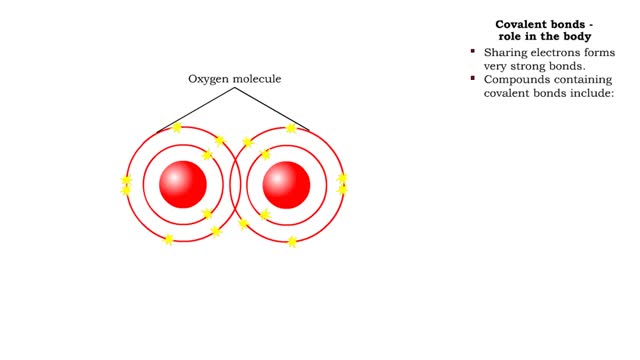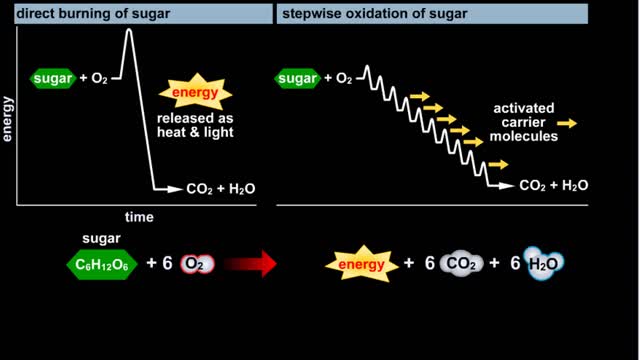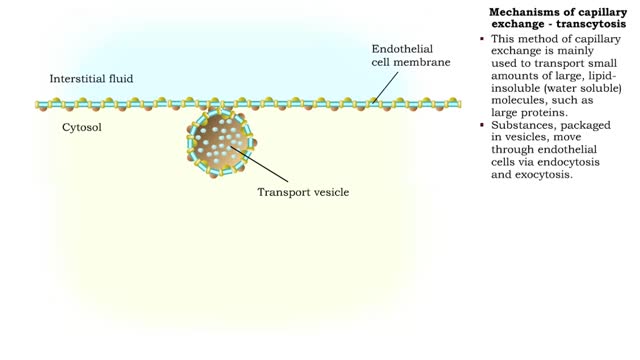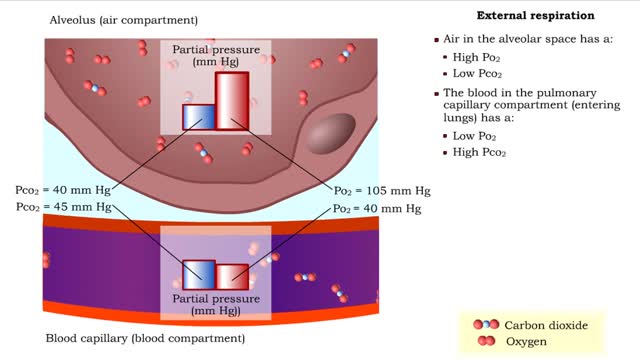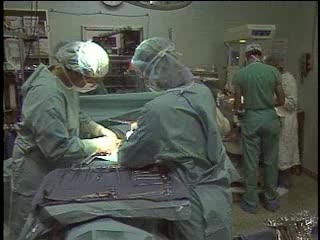Search Results
Results for: 'silicon dioxide'
Covalent bonds - role in the body
By: HWC, Views: 11691
A covalent bond is formed when atoms share one or more pairs of electrons. This is opposed to an ionic bond, where electrons are actually transferred from one atom to another. Formation • Atoms fill up the outer orbital by sharing electrons. • Two oxygen atoms sharing electrons form on...
Glycolysis - Introduction to ATP and the burning of sugar
By: HWC, Views: 11974
Do you use sugar with your coffee or tea? Or do you occasionally drink a sport or soft drink? As millions of people do each day, they obtain energy from the sugar added or contained in these drinks. How can we understand this concept of energy within a sugar molecule? Let's take a tablespoon ...
Mechanisms of capillary exchange
By: HWC, Views: 11917
■ The primary role of capillaries is to permit the exchange of nutrients and wastes between the blood and tissue cells (via interstitial fluid). ■ Oxygen and nutrients move from the blood to the cells. ■ Carbon dioxide and other wastes move from the cells to the blood. The three ba...
Gas exchange - partial pressure, locations, external and internal respiration
By: HWC, Views: 11875
▪ In a mixture, each individual gas exerts a pressure that is proportional to the concentration of that gas within the mixture. • This part of the total pressure is called a "partial pressure". • A gas moves along the part of the pressure gradient determined by its own concentration. ...
Labor and Delivery - Placenta Cord
By: Administrator, Views: 502
Soon after a baby is conceived, a support system, comprised of the placenta and umbilical cord, begins to develop. These two structures are essential for sustaining a healthy pregnancy, explains Donald Davis, an obstetrician in Medicine Hat, Alta., and past president of the Society of Obstetricia...
Advertisement



